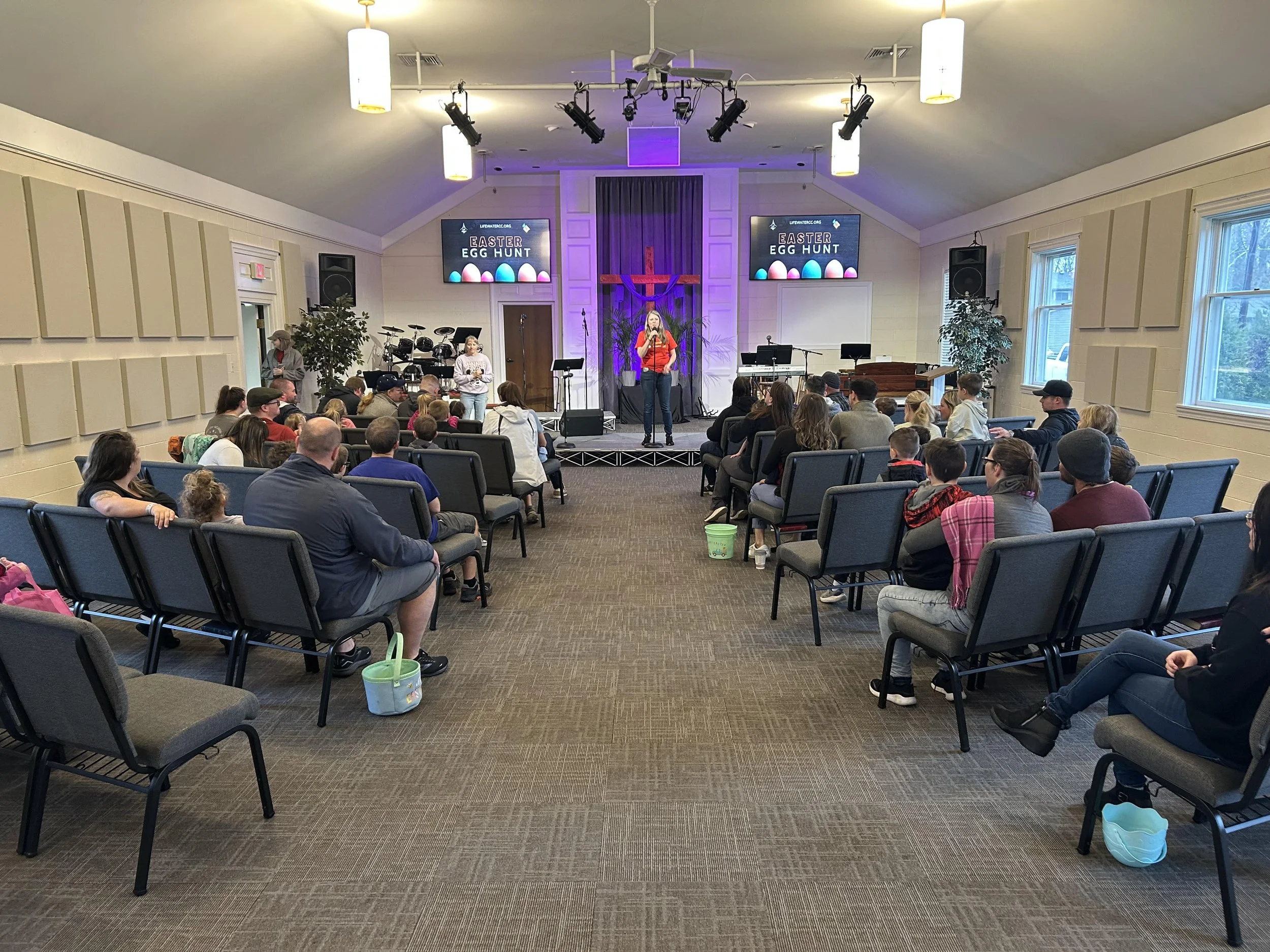By Pastor Doug Beutler
Today we take a look at the third style of disciple-making: the Service Style.
When I was in high school, I worked at a bike shop repairing bicycles and assembling new ones. It was a great job that I loved. I worked there the last couple of years of high school and through college. During that time, I met someone who became a good friend of mine—his name was Kerm.
Kerm was the head mechanic at the shop and taught me everything I know about fixing bikes. But what impressed me even more than his skill was the way he served others. He helped me pick out my first car. He installed a sound system in it. We went to my first rock concert together. He helped me sell my car when I left for college. If I needed help with anything, Kerm was there—never expecting anything in return. Years later, as I was discovering who Jesus really was, I realized something profound: Kerm had been discipling me through service. I just didn’t have language for it at the time.
The Service Style of disciple-making powerfully impacts people for Christ and helps them take next steps toward fully following Jesus.
Let’s look more closely at this style and its three strengths, all of which we see clearly in Scripture.
Strength #1: The Service Style Finds Fulfillment in Doing Good Acts 9:36
In the town of Joppa lived a woman named Tabitha, also known by her Greek name Dorcas. Both names mean deer or gazelle, describing someone full of grace and beauty. Luke tells us that she was a disciple of Jesus who was “always doing good and helping the poor.”
Tabitha didn’t just talk about what should be done. She simply lived it out. She noticed people in need and took time to do practical things for them. She made robes and clothing for widows—women who could not afford to buy their own. Her quiet acts of service had a powerful impact on the widows and the entire community.
Two Challenges We Face Today
1. It takes time.
Disciple-making isn’t something we do when it’s convenient. It requires sacrifice—putting others ahead of ourselves and investing our time intentionally.
2. It takes awareness.
We live in a fast-paced, self-focused culture. We often don’t notice the pain, despair, or emptiness around us. We need to pray that God would give us eyes to see the needs of people right in front of us.
I remember once during a church outreach event, my job was to pound flags into hard ground. I hit my hand-hard. It hurt badly. It would have been easy to focus only on my pain instead of the guests we had invited. But it took discipline to shift my focus outward.
That same discipline is required if we are going to serve others well today.
Strength #2: The Service Style Gives Hope to the Poor Acts 9:36
In Jesus’ day, there was no more desperate situation for a woman than being a widow. Widows couldn’t inherit property, businesses, or possessions. They lived at the mercy of family or government support. Many turned to prostitution simply to survive.
Many scholars believe Tabitha herself may have been a widow. If so, her service carried even greater power—she helped others because she understood their pain firsthand. Tabitha followed Jesus. She believed His message. And that belief gave her hope to face each day—and to pass that hope on to others.
Where Does Our Hope Come From?
We often place our hope in money, position, popularity, relationships, or possessions. But those things can disappear quickly. When they do, what are we left with? Our true hope is not in this world, but in the next. Through simple acts of service—mowing a lawn, helping with a project, hosting a meal, or moving furniture—we can lift people up and cause them to ask a powerful question: “Why are you doing this for me?”
I have a friend who felt the Holy Spirit prompt him to mow the lawn of a very wealthy man—several acres. He uses the man’s equipment but volunteers his time. The man has repeatedly offered to pay him or donate to an organization my friend supports. Each time, my friend says no. He told him, “The moment I accept money, this becomes something else. I just want it to be one friend helping another.” One day, that man will ask, “Tell me about the God you serve.” And when he does, the door will be wide open.
Strength #3: The Service Style Is Gracious in Giving Practical Gifts Acts 9:39
Tabitha was a woman of action. She saw a need and met it. She believed that love is a verb. When Peter arrived after her death, widows gathered around him showing the clothes Tabitha had made. Her ministry was tangible, practical, and deeply personal. She never looked down on those she served. She stood alongside them. She was humble, kind, and never sought attention for herself.
Questions for Reflection
What practical gifts do you have to offer others?
What relationships could be built through those gifts?
What spiritual conversations might naturally follow?
Gift-giving isn’t just for Christmas. When used thoughtfully, it can be a powerful year-round disciple-making tool.
One year our church served a family with six children at Christmas. We provided gifts, but the most impactful gift wasn’t wrapped in paper—it was “childcare coupons.” Finding childcare for six kids was nearly impossible. The parents desperately needed a break. Those coupons allowed them to go on a date—for the first time in years. Their gratitude was overwhelming, and it opened doors for deeper relationships.
The Service Style of disciple-making is powerful. It breaks down walls. It brings diverse people together. And it helps people see Jesus in deeply practical ways.
In my next blog, I’ll share the weaknesses of this disciple-making style and how to guard against them.




























